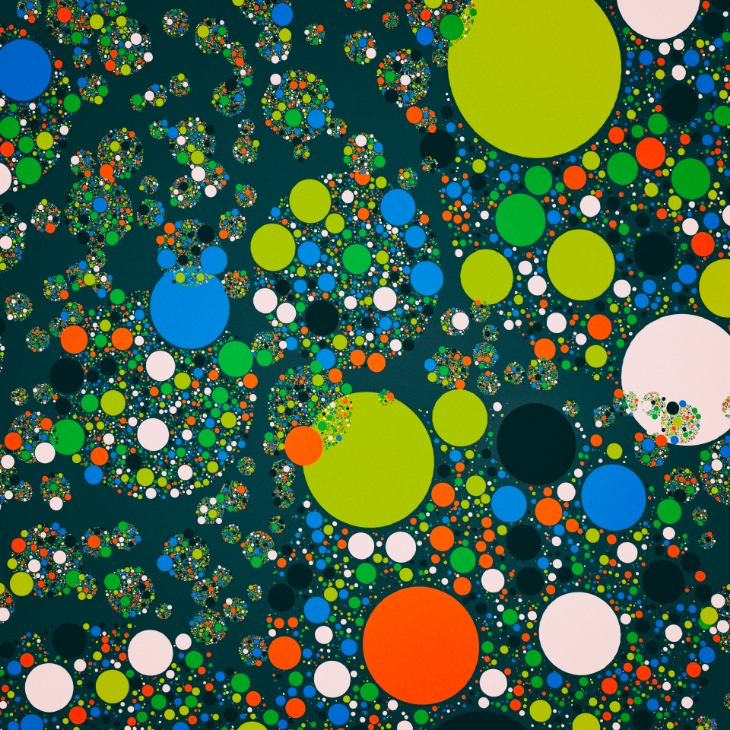















Cancer and coronavirus
Mathematical medicine
Cancer patients who contract and recover from Coronavirus-2 exhibit long-term immune system weaknesses, depending on the type of cancer.
Acute immune signatures and their legacies in severe acute respiratory syndrome coronavirus-2 infected cancer patients
Cancer Cell 39, 261 (2021)
Some data hasn't been fetched...
Cancer Cell 39, 261 (2021)